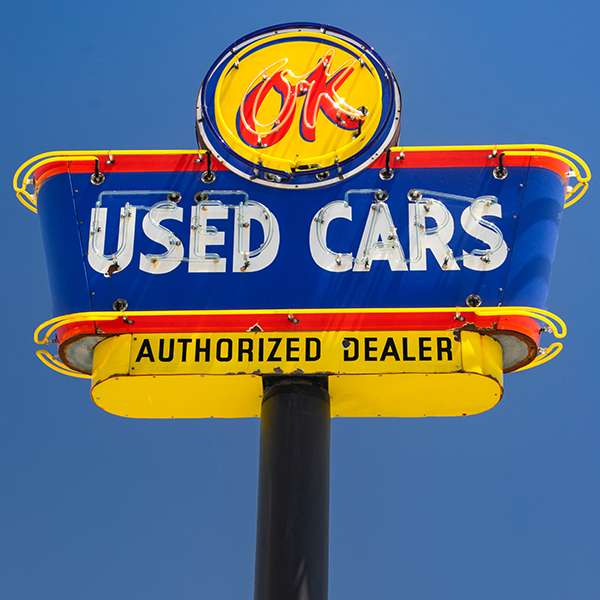This is an update on a blog post we just found from years ago. Still relevant today, so we thought we'd share it again. Originally written in 2014 by our founder, J.C. Ban.

Does Your Hypnosis Certification Give You Legal License To Practice?
The fields of hypnosis and NLP don’t work the same as the medical profession.
For instance, medical doctors are typically licensed to practice medicine by both national and local governments.
In much of the world the practice of hypnosis is unregulated. Of course, laws that apply to businesses overall also apply to hypnotherapy practices but there are few laws or regulations specifically with regard to hypnosis.
And when you do find restrictions specific to hypnosis, it’s usually just a registration process.
You Mean, Hypnosis And NLP Are Not Well Regulated?
Hard to believe, right?
I’ve been tangentially involved in meetings about regulating the profession, and the consensus from many lawmakers is, “If it ain’t broke, don’t fix it.” There are few complaints about hypnotherapists, and regulating is expensive, so they may not see a need.
Furthermore, there’s little evidence that a particular type of regulation, or educational requirement, would improve the situation.
So, what is the point of certification, what legal weight does it carry, and who certifies hypnotists?
Well, the short answer is "whomever".
Lots of people hand out a certificate of completion at the end of their training - even these certificates don't necessarily mean the student has been adequately evaluated for competency, unfortunately.
And that’s what we call the fox guarding the hen-house. There’s nothing wrong with self-certification (trainings issuing their own certifications). In fact, it's important to have documentation that you have successfully completed a course of study.
But think about it this way. . .
What if you went to buy a car, and the dealership was listed as a “certified authorized dealership”. And you looked carefully at the certificate, and it was issued by themselves!
How much would you trust them, or that certificate?
Independent and Objective Hypnosis And NLP Orgnanizations
And that’s where professional industry groups come in.
If that dealership had a certificate that said it met the requirements as a “certified authorized dealership” and that designation had been awarded by an independent professional organization of car dealers, it would mean a little something (based on the reputation of the organization, how long they’d been in business etc.).
That’s the case with professional hypnosis bodies, as well. Basically, if you have an International Hypnosis Association certification, your potential clients know your training has met not only your school’s standards, but ours — an independent body.
In the U.S., for instance, there are federal standards for education and testing of medical doctors.
However, licensure is administered at the state level.
Professional bodies may have input into what is required to meet the government licensure requirements, but governments license.
It's important that you know the difference, get your certification from a trusted source, and ALSO check your local laws so you know if you need to do anything else to practice hypnotherapy legally.

